Anchoring in Community
The Vital Signs® 2022 report played an important role in developing The Winnipeg Foundation’s 2023-2026 Strategic Plan and has been central within The Foundation’s outreach to different communities, organizations, and donor groups. The report’s key findings include more easily observable issues such as homelessness and addiction, but also found that a lack of confidence in institutions is wide-spread in our community.
The loss of trust includes all three levels of government as well as government-run systems like health care, the justice system, and the police. Winnipeggers are similarly mistrustful of media and major corporations.
The Foundation recognizes the implications a lack of confidence in institutions has on community and invited local leaders to participate in a panel discussion at The Gathering, a community building event hosted by the Canadian Community Economic Development Network (CCEDNet). CCEDNet is a nation-wide network of organizations and individuals dedicated to strengthening community economies by challenging the status-quo and developing place-based strategies.
The theme for The Gathering in 2023 was Anchoring in Community, and the event took place in late October. The Winnipeg Foundation was pleased to sponsor the event and present “In our hands – leading change,” a Vital Conversation featuring Sky Bridges, CEO of The Foundation, Louise Simbandumwe, co-director at Supporting Employment and Economic Development (SEED) Winnipeg, and David Kron, executive director of the Cerebral Palsy Association of Manitoba.
This Vital Conversation explored the loss of confidence in the social systems designed to support and protect the well-being of citizens, a key finding of The Foundation’s Vital Signs® 2022. When asked why the panelists believe our community has more trust in the non-profit or charitable sector than they do in established institutions, Simbandumwe touched on the difference between the business sector and the charitable sector.
“I would say it is a question of values and scale. When it comes to values … the businesses that we create are there to maximize profits, and they behave that way,” says Simbandumwe, “When it comes to the charitable sector, we are governed by values that are very people centered.”
Bridges noted that society may trust charities more than institutions due to government stepping away from providing services over time, and charities and non-profits stepping in to fill those gaps.
“Often when those gaps are filled by not-for-profits and charities, they do a better job than what was previously being done,” says Bridges, “I think that’s something to celebrate, and I think that as a model, my hope is that government recognizes sometimes, ‘okay, this model is actually better, we should fund them more.’ What’s interesting is, without being planned, a better solution has been created.”
Bridges spoke about how research completed for Vital Signs® 2022 informed the development of The Winnipeg Foundation’s new Strategic Plan, sharing that as The Foundation looked at Vital Signs®, it became apparent that we can’t grant our way out of community challenges.
“There are other things we need to look at as an organization to shift us forward, and that’s going back to the conversation on systems. As we look at the ecosystem, we can continue granting as a 360-degree funder, but we want to look higher up, and say what does the ecosystem need, and what can we do?”
In a poignant moment in the conversation, Simbandumwe demonstrated how small wins can have a great impact, both when it comes to trust, and when it comes to accessing social systems. Asking the audience how many times they have needed to show identification to access a service in recent months, the audience was prompted to consider what day-to-day life is like for people who don’t have identification.
Simbadumwe explained that without ID, people aren’t able to access necessities such as housing, banking services, employment or health care. She added that 75 per cent of the participants in Supporting Economic and Employment Development (SEED) Winnipeg’s identification program are Indigenous.
“There are questions that are asked to get ID that we just take for granted,” she said, “What’s the maiden name of your mom? Where were you born? What hospital were you born in? If you were part of the 60s Scoop, if you were separated from your family to a residential school, if any number of traumatic things that happen to you, those are questions you aren’t going to be able to answer.”
Simbandumwe says that though the work is challenging, it is life changing when a client receives their identification. Still, it is only the first step in accessing housing and other services needed to obtain economic stability, and she says that is where relationships with other community partners are necessary.
The panelists left the audience with some parting thoughts on how individuals can create change. For Kron, that means saying yes.
“When you get the opportunity to support somebody, whatever way that is, say ‘yes,’” Kron asked of the audience. “At the end of the day, there’s a person attached to that statistic. If you have a little money left over at the end of the day, give it to a charity, give it to someone you care about.”
For more information on CCEDNET, visit www.ccednet-rcdec.ca.


